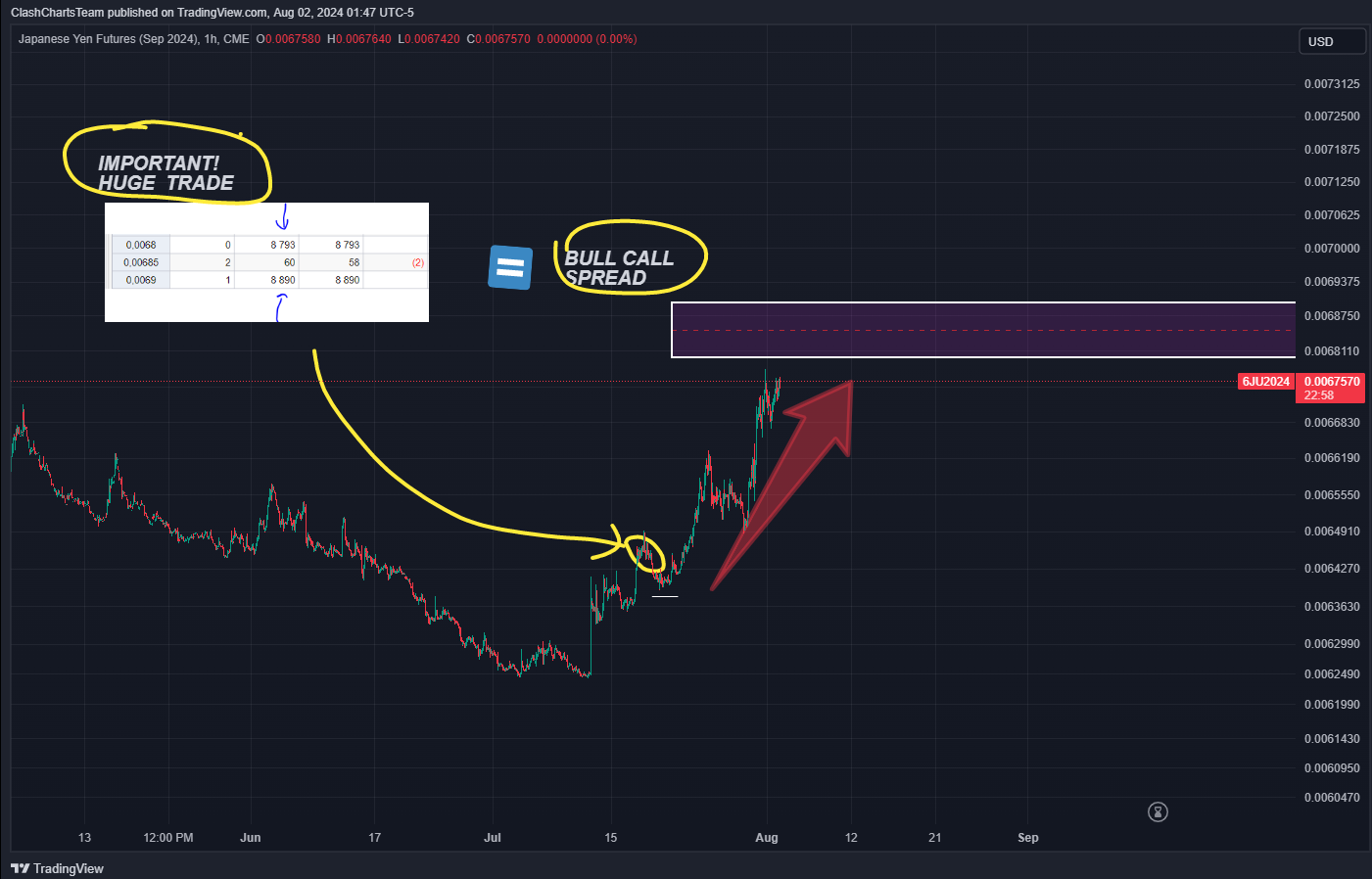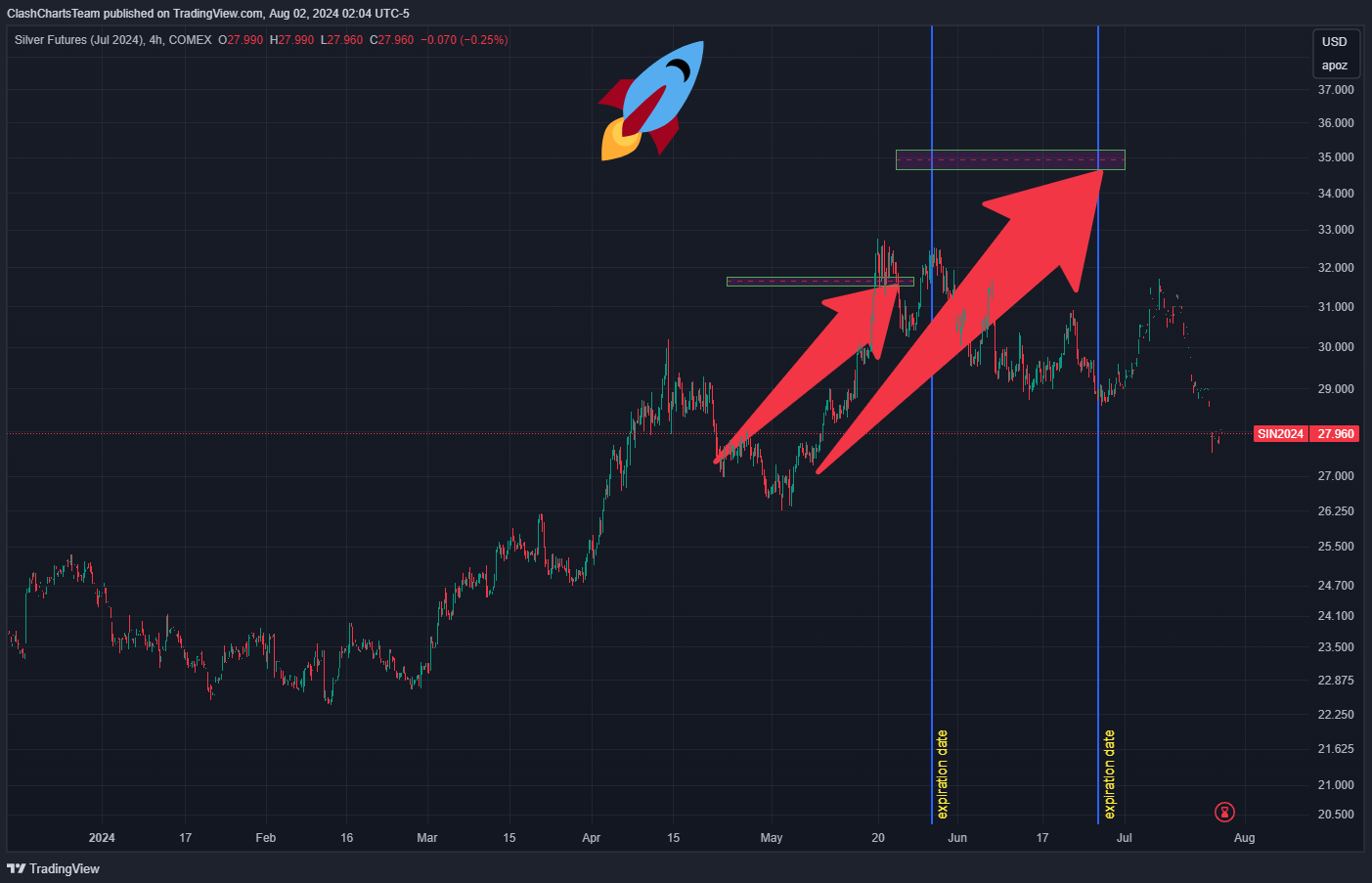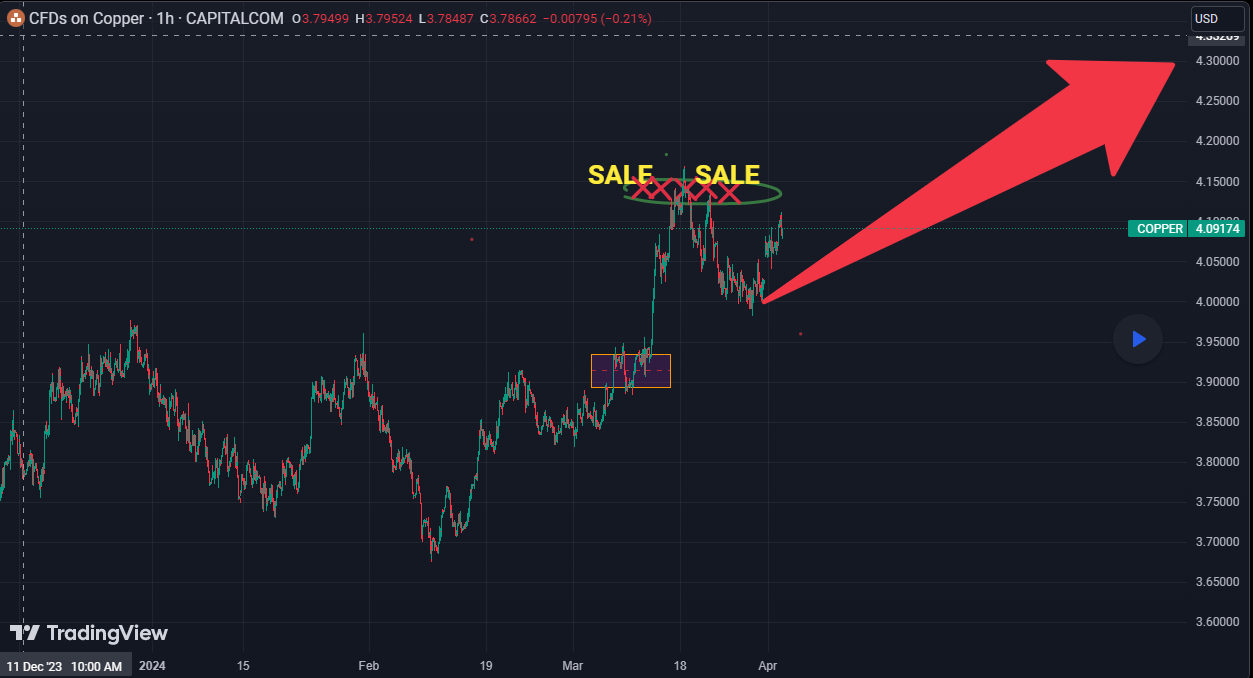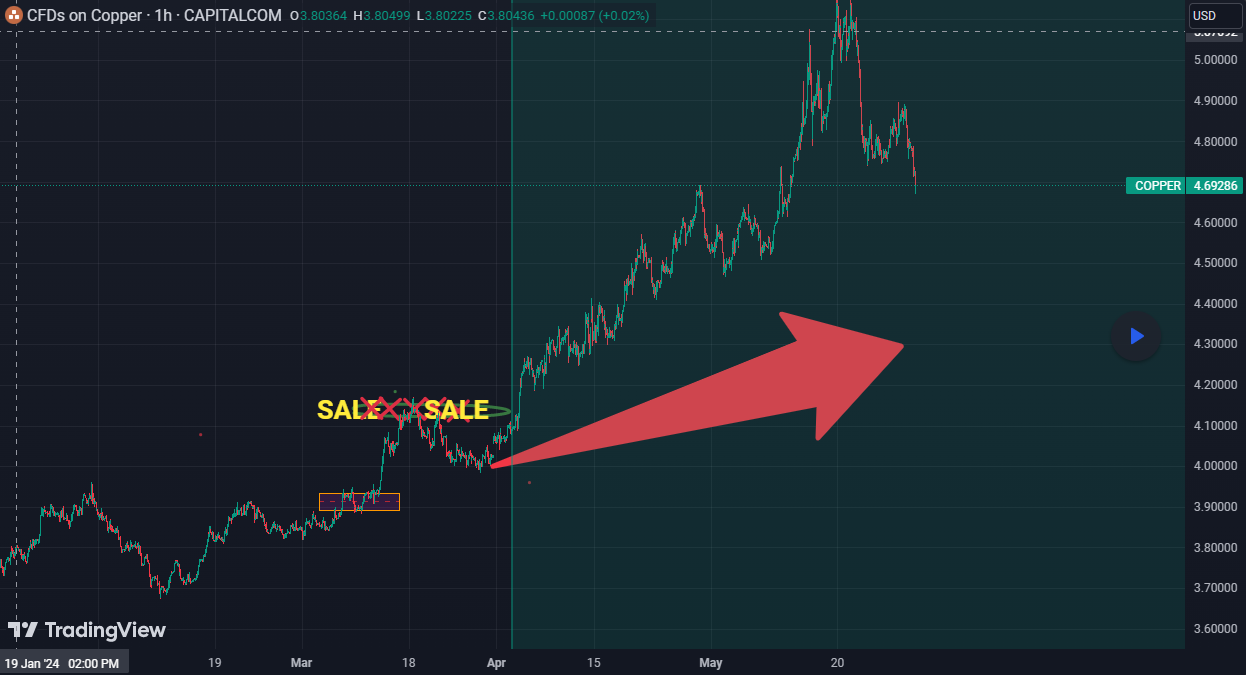Filtering Options by Sentiment: A Key to Profitable Trading
As traders, we're constantly on the lookout for ways to gain an edge in the markets.
Option portfolios analysis is not a magic solution for success itself, but it can and should be a great tool to add to your trading strategy.
Learning how to analyze the option portfolios of big and successful players on one of the world's biggest exchanges can really improve your market awareness and give you more confidence when reading the current market trends.
The Power of Option Analysis
Option analysis is not just about identifying bullish or bearish sentiment. It's about understanding the nuances of market psychology and identifying opportunities that others may be missing. By filtering options by sentiment, we can identify portfolios that are more likely to result in profitable trades.
Key Factors to Consider
When filtering options by sentiment, there are several key factors to consider:
1. Size and value of the option portfolio
2. Distance from the central strike (Delta)
3. Time to expiration
4.Appearance on the rise/fall of the underlying asset
By considering these factors, we can identify option portfolios that are more likely to result in profitable trades.
As mentioned above, option portfolios with names such as vertical spread, butterfly, and condor (in English - VERTICAL SPREAD, IRON FLY/FLY, CONDOR/IRON CONDOR) have predictive sentiment regarding the direction of the asset's price movement. However, it is critically important to be able to filter out such sentiment, since similar portfolios are widely used and appear almost daily in CME exchange reports, but only a small percentage of them have predictive value.
Portfolios that are traded during a price movement with an obvious trend have low value. On the other hand, if a portfolio appears in a sideways market before the start of a trend and meets other conditions, which will be discussed later, it is reasonable to fix such a portfolio on the chart and subsequently track its correction (closure/partial closure/re-sale).
If you "caught" such a portfolio that is already generating profit for its owner, i.e., the price is moving in the desired direction, you get an additional bonus: by tracking changes in this portfolio, you can understand whether the price movement will continue in the chosen direction or whether the movement is fading or has exhausted its potential and it's time to close your position.
It is necessary to track changes daily using QuickStrike and GlobexTradeBrowser by CME GROUP.
If you track less frequently, you can lose the thread of sentiment. I recommend performing analysis on a regular basis.
Some examples:
https://www.tradingview.com/x/oXqlhALe/

On July 17th, there was a really big beat on the Japanese yen in the options market for October. The bed was based on the idea that the yen futures would go up (or the dollar/yen forex rate would fall). As we saw, the bat started to pay off almost immediately, and the yen came really close to the target in just a few days!
Could we have used this information for forex trading? Absolutely. The risk-reward ratio on this trade was about 1 : 3, but importantly, when we made this trade, we had real insider information. Insiders are required by the exchange to disclose their trades, just like other market participants.
Not using this free information in your trades would be a big mistake for a serious trader who doesn't want to gamble in market.
Another example:
http://www.tradingview.com/x/9BDn72nU/

In April this year, we saw a strong bullish option sentiment for Silver prices rising between $32 and $35, based on a large options portfolio stated at around $27.5. We released our forecast for Silver, and you can find a copy of it with our reasoning at the link https://www.tradingview.com/chart/SIN2024/Kg8i6PlG-Dive-into-the-world-of-options-with-our-latest-Silver-analysis/Kg8i6PlG
Cooper example:
https://www.tradingview.com/chart/COPPER/OrFcHzEk-Copper-Let-s-crawl-up/OrFcHzEk

The forecast was made after analyzing option activity on the CME exchange on April 2. You can check the results yourself and see if the time we spent studying option sentiment and analyzing was worth it.

In fact, the price has soared even higher than we predicted based on the option activity.
In conclusion, as you can see, incorporating option analysis into your toolkit can really help you make more informed trading decisions.
To all serious traders, I wish you patience and dedication on your journey to trading success. Remember that mastering the art of trading takes time, effort, and perseverance. Don't be discouraged by setbacks or losses, but instead, use them as opportunities to learn and improve. Stay focused, stay disciplined, and stay committed to your goals.
